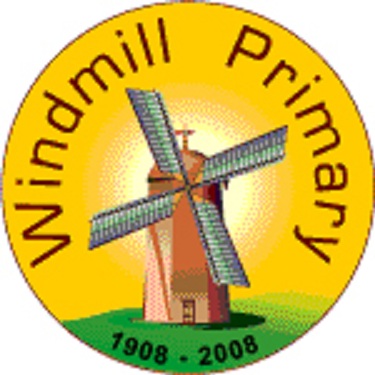MFL
MFL- Windmill Primary School
At Windmill Primary we believe that learning a foreign language provides a valuable educational, social and cultural experience which will lay the foundation for future language learning. MFL not only involves the learning of a language but also encompasses the learning of other cultures and their traditions.
In our school we teach French foreign language to all our KS2 children as part of the school curriculum, with a view to equip children with the linguistic skills they will need to draw upon in their future.
Curriculum Implementation:
French is the modern foreign language that is taught in our school. A multi-sensory and kinaesthetic approach to teaching is used as well as an emphasis on the use of games, rhymes and songs including ICT, to deliver lessons. The French teacher aims to make lessons as enjoyable as possible so that the children develop a positive attitude to the learning of Modern Foreign Languages.
Through the French syllabus developed by our French specialist teacher Mrs Parafita, the children are taught to:
-
Listen attentively to spoken language and show understanding by joining in and responding.
-
Explore the patterns and sounds of language through songs and rhymes and link the sound and meaning of words
-
Engage in conversations; ask and answer questions; express opinions and respond to those of others; seek clarification and help.
-
Recognise and use familiar vocabulary, phrases and basic language structures.
-
Develop accurate pronunciation and intonation.
-
Appreciate stories, songs, poems and rhymes in the language.
-
Broaden their vocabulary and develop their ability to understand new words that are introduced into familiar written material, to progressively extend their vocabulary.
-
Recognise and talk about people, places, things and actions.
Where possible we involve the wider communities by:
-
Involving of other adults / children to enhance pupils’ experience
-
Working with local secondary school to share experience and resources and to ease transition.
-
Establish partnerships with different institutions/organisations diffusing French language and culture.
Impact:
• Development of pupils’ speaking and listening skills.
• Development of pupils’ linguistic competence and the extension of their knowledge of how language works
• Pupils have greater awareness of the multilingual and multicultural world and introduce an international dimension to pupils’ learning, giving them an insight into their own culture and those of others.
• Pupils have a strong foundation for future study, providing a smooth transition for those moving to High School and continuing with French language
Ultimately, by the end of KS2, children will be able to understand simple spoken and written
language, to speak aloud and take part in short conversation and to write or copy simple
sentences. They will be becoming confident users and learners of a new language. They will
also understand about other cultures and have worked productively and collaboratively with
children from other cultures.
